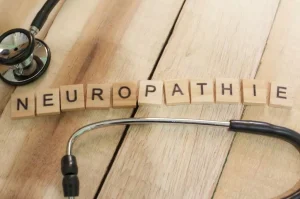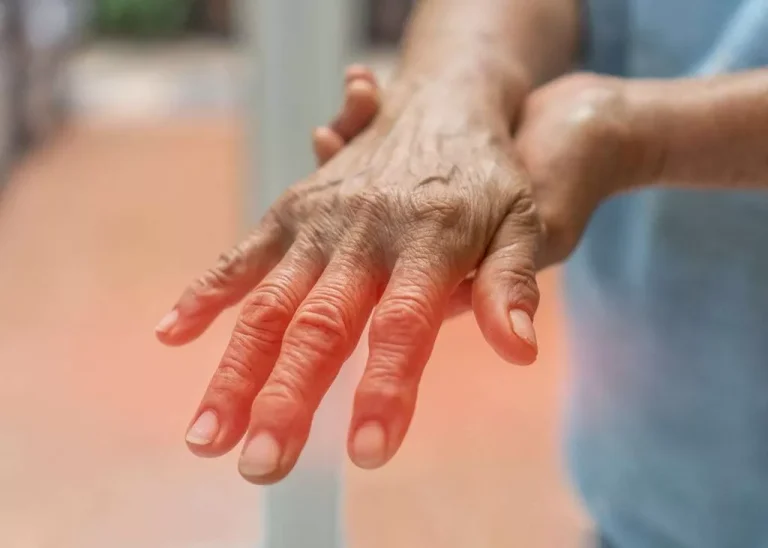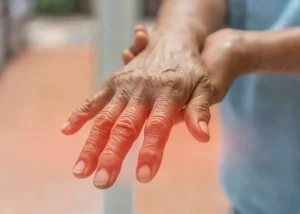
Therapy can help you understand why you drink and learn new habits so you can live a healthy lifestyle that doesn’t rely on alcohol as a crutch. It can also help you gain a new perspective as you consider how your life will change without alcohol. A sober life doesn’t have to mean more time at home as you try to block out triggers. It can mean more time for your other interests, and even new interests. More time to meet new people, catch up with old friends and try new things.

This Season, Give Yourself the Gift of a Fresh Start.
Anyone wanting to stop using alcohol may benefit from tapering if they first consult with their doctor to ensure they are tapering safely. Tapering is a more cost-effective method of stopping alcohol use, especially for those who do not have healthcare insurance or the resources needed to get a professional detox. https://ecosoberhouse.com/ People who have successfully tapered from alcohol before may be especially likely to benefit from this strategy. Before beginning a tapering schedule, speak with your doctor about the risks of detoxing at home. Tapering off alcohol may complicate other medical conditions or co-occurring mental health disorders.

“I’m not supposed to drink with the meds I’m taking right now.”
- Within 5 minutes, you’ll receive an email with these details – free of charge.
- Programs such as inpatient or outpatient rehab, medical detox, individual or family therapy and support groups are available.
- As the brain readjusts, physical and mental health will improve.
It’s a simple, nonconfrontational way to stand your ground and avoid unnecessary back-and-forth. Alcohol also inhibits the glutamate receptor–which is the cause of staggering, slurring, and general interference with muscular coordination. Glutamate receptor rebound also appears to contribute to the withdrawal symptoms described above. The longer and harder a person has drunk alcohol–the more severe the withdrawal will be. One reason this may occur is that alcohol can reduce melatonin secretion in the brain. Another clue that can be an indication of an unhealthy relationship with alcohol is if you make “rules” around drinking.

Medical Disclaimer
A lakefront oasis providing a continuum of personalized addiction treatment surrounded by scenic views with private rooms, luxury amenities, and group outings. Stopping alcohol can be rewarding, but it’s not without challenges. You may face social pressure, ingrained habits, and emotional reliance on alcohol. Moreover, physical withdrawal can be challenging, and there’s also a phenomenon called the kindling effect to how to taper off alcohol consider. As such, there is only limited guidance available about the best ways to taper. Tapering can help you overcome alcohol dependence, which is a side effect of chronic alcohol use that causes cravings and withdrawal.

Strategize for Your Goals
Weaning off alcohol reduces the chance of experiencing withdrawal or the severity of withdrawal symptoms. Those who find that they cannot taper off the number of drinks for any significant length of time have likely developed alcohol use disorder, a condition commonly known alcoholism symptoms as alcoholism. For others, simply cutting back the number of drinks can bring on alcohol withdrawal symptoms, making it more difficult to stop. As a Certified Professional Recovery Coach, I often speak with people who want to wean off alcohol. The thought of abstaining from alcohol completely can feel daunting, and in some cases, it can even be dangerous without medical supervision. Below I share some key information so you can determine if weaning off alcohol is right for you.
- Our online health insurance verification system will estimate your in-network and out-of-network deductibles, coinsurance percentages and out-of-pocket maximums.
- Replacing alcoholic beverages with non-alcoholic alternatives can be helpful during the weaning process.
- A taper may not be right for you if you frequently drink more than you intended, try to cut back but cannot or feel that your alcohol use is affecting your life.
- When they suddenly quit drinking, the brain continues its hyperactivity, but alcohol no longer suppresses the effects.
In most cases, alcohol withdrawal symptoms peak after 24–72 hours but may continue for weeks. If your body is used to a certain amount of alcohol, you may feel certain effects when you stop. How you feel when you stop drinking is largely based on how often and how heavily you drink.
- However, abruptly quitting alcohol (cold turkey) can be unsafe.
- As such, there is only limited guidance available about the best ways to taper.
- Tapering alcohol may be uncomfortable, and there may be subconscious triggers that stimulate the desire to drink alcohol.
- It can help you reach goals and can minimize some of the unpleasant and severe symptoms of alcohol withdrawal.
- For this reason, you should not abruptly stop alcohol use after a long period of heavy use without medical supervision.
- Going “cold turkey” means abruptly stopping drinking entirely, leading to uncomfortable withdrawal effects.
They can help you decide if tapering is the safest option for you. Creating a tapering schedule you can stick with is a crucial part of weaning yourself off alcohol. The best schedule varies based on how much you drink each day and your overall health. As mentioned above, we strongly recommend speaking with a doctor to ensure your plan is a safe one, and won’t cause dangerous withdrawal symptoms. When someone stops drinking, they must decide whether to quit “cold turkey” or taper their alcohol use. Quitting cold turkey involves suddenly stopping all alcohol use, while tapering involves slowly decreasing the amount of alcohol a person drinks daily.
